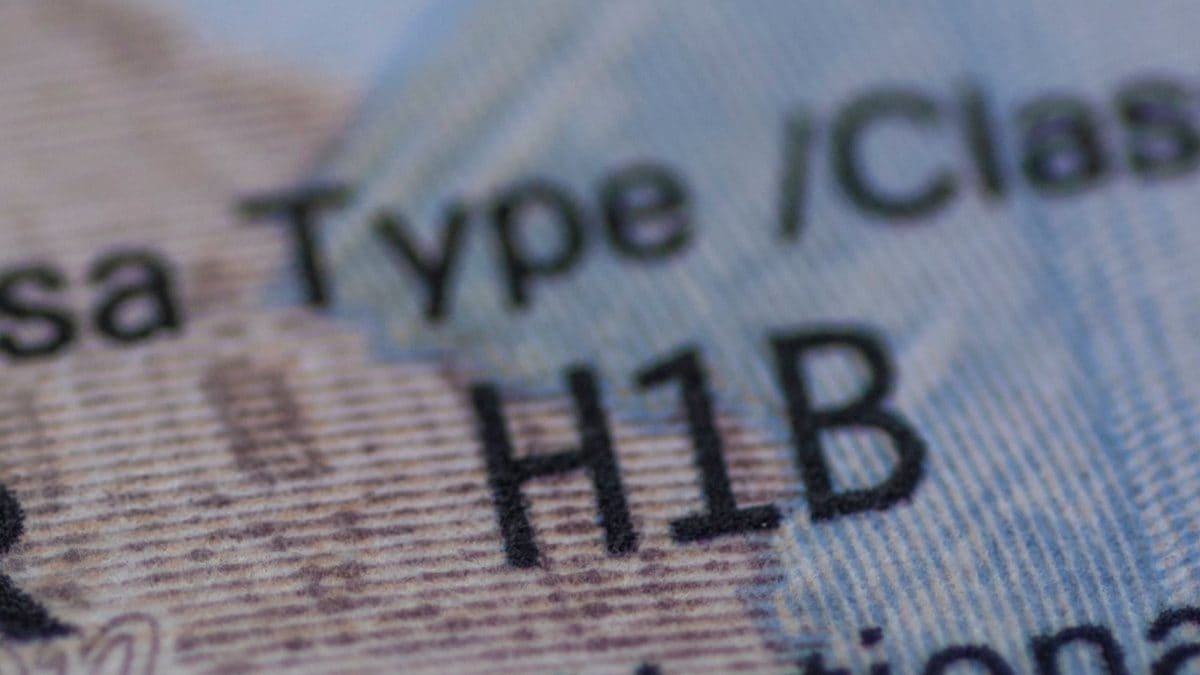Court Grants H-1B Visa Holders Right to Challenge Revocation for Employer Fraud
This landmark ruling significantly empowers H-1B visa holders by granting them due process rights to challenge visa revocations based on employer fraud, altering USCIS's previous procedural norms.

Subscribe to our newsletter and stay informed about latest H1B news, policy updates and and other developments.
Article Summary
A US district court has ruled that H-1B visa holders can take legal action if their visas are revoked due to employer fraud or misrepresentation. This unprecedented decision stems from a case where USCIS revoked visas without providing notice or an opportunity to respond to the beneficiaries. The court affirmed the H-1B holders' right to notice before revocation and allowed the possibility of restoring cap numbers.
Original Article: news18.com
[ Sentiment: positive | Tone: factual ]
This summary and analysis were generated by TheNewsPublisher's editorial AI. This content is for informational purposes only; it does not constitute legal or immigration advice.
[ Sentiment: positive | Tone: factual ]
This summary and analysis were generated by TheNewsPublisher's editorial AI. This content is for informational purposes only; it does not constitute legal or immigration advice.
TNP AI: Key Insights
This ruling is crucial for H-1B visa holders, particularly those who might unknowingly be associated with employers accused of fraud, as it establishes a precedent for their right to notice and legal recourse. It protects innocent beneficiaries from arbitrary revocations by requiring USCIS to provide them with an opportunity to present facts and defend their status.
Historically, USCIS often issued Notices of Intent to Revoke (NOIR) solely to employers, leaving H-1B beneficiaries unaware of allegations and unable to respond. This decision mandates a procedural shift, requiring USCIS to directly notify the visa holder, thereby offering a critical layer of protection similar to due process afforded in other legal contexts.
The verdict will likely prompt USCIS to revise its internal procedures for H-1B revocations, ensuring beneficiaries are directly involved in the process, which could lead to more transparent and equitable outcomes. Furthermore, this precedent may encourage more H-1B visa holders to challenge USCIS decisions, potentially shaping future immigration policy and strengthening beneficiary rights.




